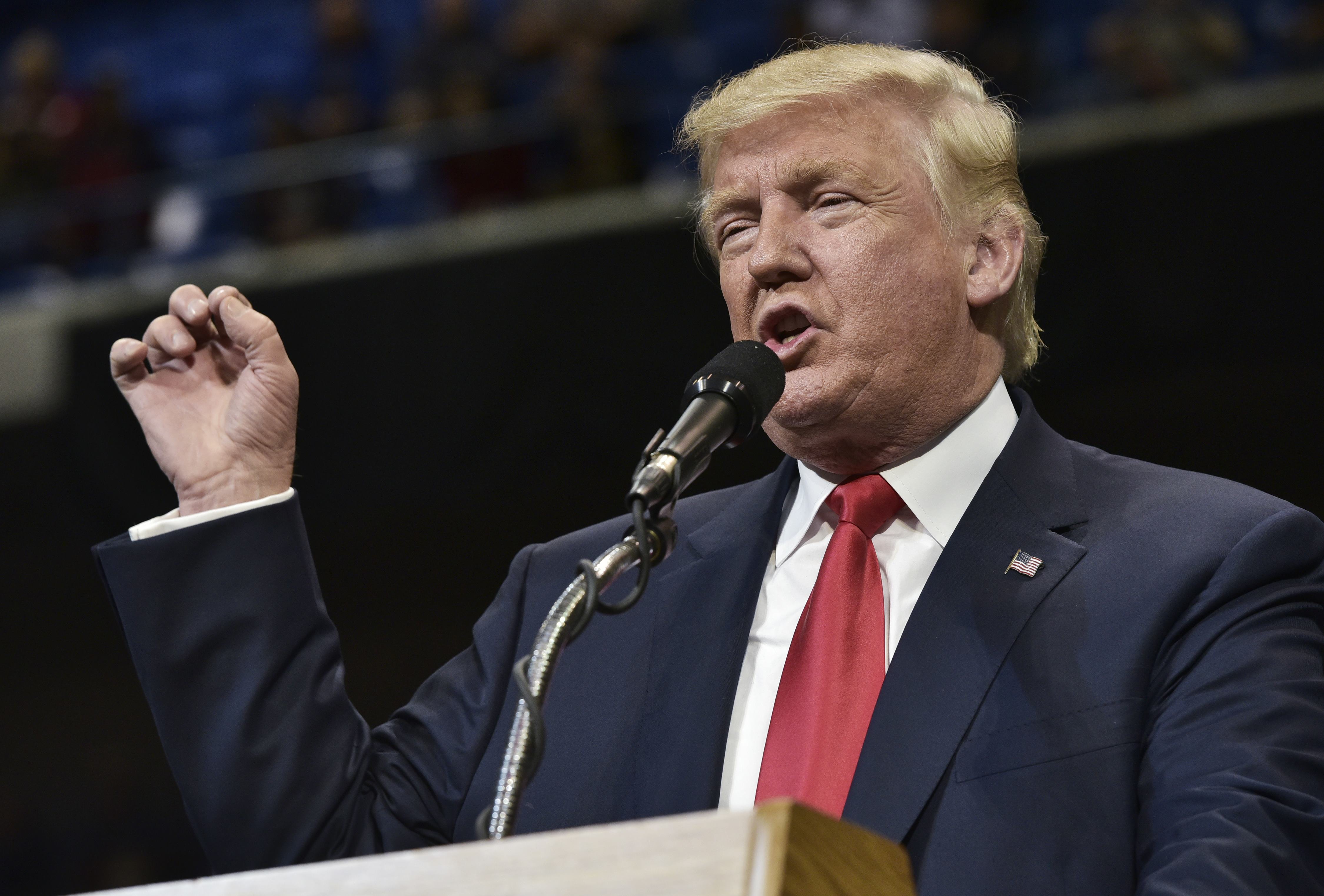
by Jerome CARTILLIER
WASHINGTON, United States (AFP) — After nearly 18 months of vitriolic campaigning and two incendiary presidential debates, it is clear that the 2016 race for the White House is truly like no other.
The release of a 2005 video containing lewd and sexist comments made by Republican nominee Donald Trump has further roiled his party, which was already in tatters and without a path forward.
Now, many party stalwarts have abandoned their own candidate.
Here are the key lessons learned so far with four weeks to go before Americans go to the polls on November 8 for an election that will end with either Trump, 70, or Democratic rival Hillary Clinton, 68, succeeding Barack Obama as US president.
1. Trump on the ropes but no KO (yet)
Team Trump breathed a relative sigh of relief Monday after the second debate between the White House hopefuls.
On Saturday, one day after the bombshell release of the video showing Trump making aggressively sexual remarks about groping and forcing himself on women, it looked like the real estate mogul was one step away from political oblivion.
A cascade of repudiation from fellow Republicans flooded Twitter: one by one, party heavyweights including Senator John McCain, the 2008 presidential nominee, said they could no longer back Trump.
Questions swirled: would Trump drop out of the race? Would his running mate Mike Pence leave the ticket to position himself for 2020?
Two days and one debate later, Trump seems on better footing. His combative debate performance — heavy on zingers, light on substance — appeared to have righted the ship.
Pence, who said he was “offended” by Trump’s comments, changed tack.
“Nobody is perfect,” Pence told MSNBC. “I’m honored to be standing shoulder to shoulder with him.”
For Julian Zelizer, a professor of history and public affairs at Princeton University, “Clinton missed a knockout punch” during Sunday’s debate.
Former Obama aide David Axelrod agreed that Trump “did well enough to prevent collapse,” but added: “Not well enough to change trajectory — and trajectory is not good.”
An NBC News-Wall Street Journal poll released Monday — conducted after the video was released but before Sunday’s debate — showed Clinton with a double-digit lead over her Republican foe.
2. Debate the issues? Nah
“When she hit me at the end with the women, I was going to hit her with her husband’s women, and I decided I shouldn’t do it because her daughter was in the room,” Trump said just two weeks ago after the first debate.
At that time, it looked like the billionaire wanted to maintain some sense of the high ground.
But on Sunday, with Chelsea Clinton again in the room, a defiant Trump changed his tune.
By unearthing decades-old claims of sexual harassment and rape against Bill Clinton, and by appearing hours before the debate with his alleged victims, Trump took the campaign into uncharted territory.
The women were then invited to the debate, and Trump reportedly even tried to seat them in his family box, so the former president would have to face them when he entered the room.
The level of animosity and rancor between the two candidates is now so elevated that it seems impossible to think that at their third and last debate on October 19 in Las Vegas, they will actually tackle the political and diplomatic issues at hand.
3. Republicans in crisis
Since Trump first announced his candidacy on June 16, 2015, the Grand Old Party has performed a delicate — and uncomfortable — balancing act.
In recent days, that balancing act has morphed into a full-on circus.
By attacking Clinton on issues that fueled his success in the primaries — such as her use of a private email server while serving as secretary of state, the Benghazi controversy and her “basket of deplorables” gaffe — Trump ably energized his core supporters in the party.
But the party’s top players are fleeing from him, with House Speaker Paul Ryan all but conceding the race to Clinton and saying he will focus on down-ballot contests to try to preserve the Republican majority in Congress.
“There has always been more resistance to Trump among the party leadership than the rank and file,” veteran political analyst Larry Sabato of the University of Virginia said in his post-debate review.
“The vast majority of self-identified Republicans will vote for Trump, and they may be angered by the party leaders who have retracted their endorsements.”
On November 8, voters will not only choose a new president, but also a third of the 100-member Senate, and all of their representatives in the House.
With the Senate seemingly in reach, some Democrats are even dreaming that the GOP implosion could put the House within their grasp.
“You all need to do what’s best for you in your district,” Ryan told Republican lawmakers, saying he would not defend Trump or campaign for him — and effectively giving them his blessing to sever ties with the White House nominee.
Trump retorted on Twitter: “Paul Ryan should spend more time on balancing the budget, jobs and illegal immigration and not waste his time on fighting Republican nominee.”
The split was music to the ears of Team Clinton.
“Somewhat of a civil war is breaking out in the Republican Party,” her communications director Jennifer Palmieri said Monday.
© 1994-2016 Agence France-Presse








